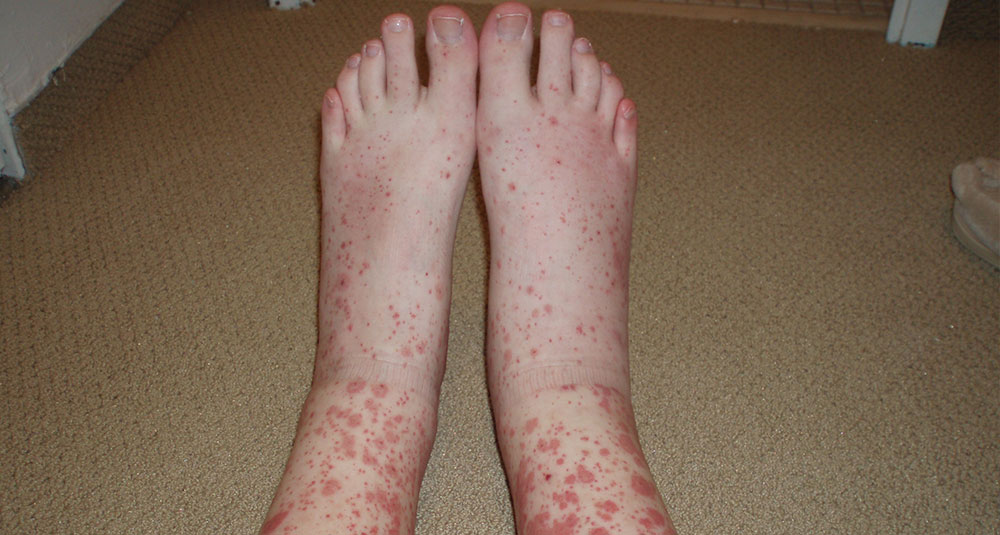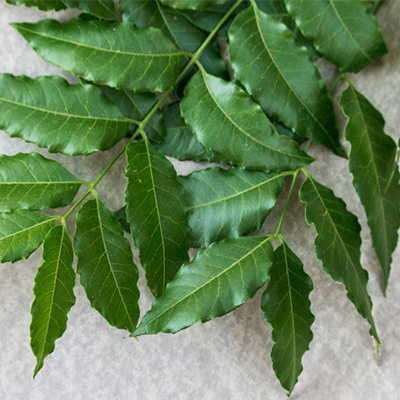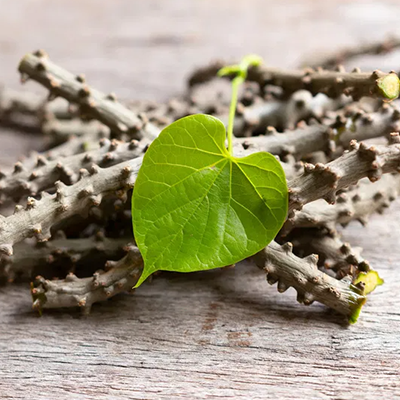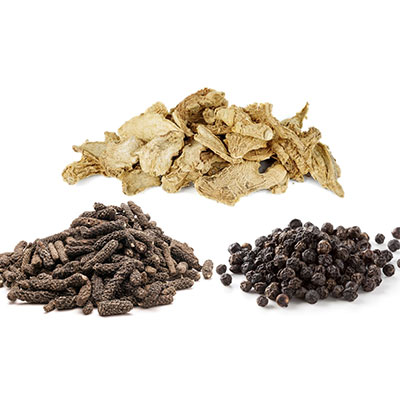- +033 2572 7171
- info@dhanvantary.com

4.5 Rating | 4500 Review

4.5 Rating | 4500 Review
Leukocytoclastic vasculitis (LCV), also known as hypersensitivity vasculitis, is a condition that involves inflammation of small blood vessels, particularly in the skin. It is caused by an immune system reaction, often in response to an infection, medication, or other triggers.

"Leuko" refers to white blood cells (immune cells).
"Clastic" means breaking apart or disintegrating.
"Vasculitis" means inflammation of blood vessels.
In LCV, the immune system mistakenly attacks the small blood vessels (capillaries) in the skin, leading to damage and inflammation. This damage often results in red or purple spots on the skin, called purpura.
The exact cause of LCV is not always clear, but it usually happens when the immune system overreacts to:
It can occur at any age but is more common in adults.
Both men and women are affected equally.
LCV is relatively rare and usually self-limiting, meaning it often resolves on its own. However, severe cases that affect internal organs require medical attention.
In simple terms, LCV is a small blood vessel inflammation caused by the immune system's overreaction. It often affects the skin and causes red or purple spots, but it can sometimes affect other organs. Early diagnosis and management are key to recovery.
From an Ayurvedic perspective, Leukocytoclastic Vasculitis (LCV) is understood as a disorder caused by an imbalance in the Tridoshas—primarily Pitta and Vata—leading to Rakta Dhatu Dushti (impurity of blood) and blockage in the channels (Raktavaha Srotas). The condition is aggravated by the accumulation of Ama (toxins) due to poor digestion and immune hypersensitivity (Ojas Kshaya).
The goal of Ayurvedic treatment is to balance the Doshas, detoxify the body, and restore immunity (Ojas).
Panchakarma: Therapies like Virechana (therapeutic purgation) and Raktamokshana (bloodletting) are recommended to remove toxins from the blood and balance Pitta.
Herbal Decoctions: Medications like Triphala or Manjishtha Kwath to cleanse the blood and lymphatic system.

A blood purifier and anti-inflammatory herb.

Reduces Pitta and purifies the blood.

To boost immunity and reduce hypersensitivity.

Balances the immune system and strengthens Ojas.

To improve Agni and prevent Ama formation.
Ayurveda views LCV as manageable through personalized therapies, dietary changes, and lifestyle modifications. Preventive measures include maintaining proper digestion, regular detoxification, and a balanced diet to prevent Ama and Dosha imbalance.
To summarise, Ayurveda sees LCV as a manifestation of immune imbalance and blood impurities, which can be effectively addressed through detoxification, herbal medicines, and lifestyle changes.
